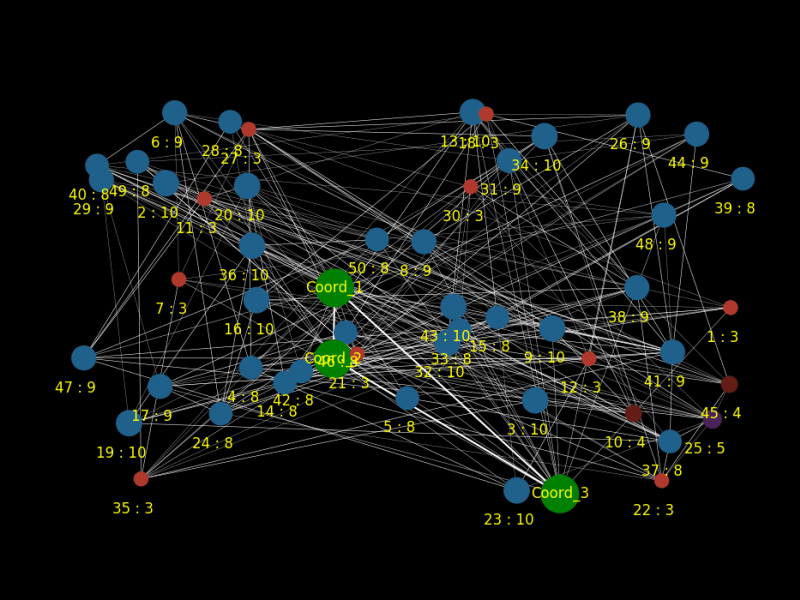Sulfikar Amir, Nanyang Technological University; Fredy Tantri, Nanyang Technological University; Justyna Katarzyna Tasic, Nanyang Technological University
Sydney 2018: Infrastructure and co-design
 Resilience is a sociotechnical construct. It arises from multi-faceted processes. It develops and undevelops. This is the basic premise of this presentation. Informed by the STS sociotehnical framework, this presentation exhibits the construction of resilience through a hybrid entity whereby social, organizational, and institutional conditions are combined with the state of technical and material durability. The presentation aims to experiment with sociotechnical resilience, taking into account not only how each element contributes to the capacity for coping with extreme events, but also the ways in which the social and the technical are seamlessly integrated and mutually reinforced. Thus, this presentation draws on Amir and Kant’s (2018) characterization of sociotechnical resilience in three terms, namely sociomaterial structures, informational relations, and anticipatory practices. Sociomaterial structures are the co-constitution of social and material entities in everyday activities that embody a sociotechnical system. Informational relations refer to the production, circulation, and utilization of information for various individuals, communities and groups, and institutions. Finally, anticipatory practices are a set of everyday activities and routines aimed at anticipating possibilities of uncertain situations. These three aspects of sociotechnical resilience are translated into an agent-based model built upon the actor-network approach. The model is designed to simulate sociotechnical behavior when the system encounters shock and disturbance. This experimental modeling is empirically structured around the public transportation system in Singapore. Situated in the real-world setting of urban infrastructure in the city-state of Singapore, the model aims to capture resilient responses of the critical infrastructure during disruptions. Experimenting sociotechnical resilience constitutes the STS foray into the discourse of resilience, and in turn, contributes a new practice to the STS scholarship.
Resilience is a sociotechnical construct. It arises from multi-faceted processes. It develops and undevelops. This is the basic premise of this presentation. Informed by the STS sociotehnical framework, this presentation exhibits the construction of resilience through a hybrid entity whereby social, organizational, and institutional conditions are combined with the state of technical and material durability. The presentation aims to experiment with sociotechnical resilience, taking into account not only how each element contributes to the capacity for coping with extreme events, but also the ways in which the social and the technical are seamlessly integrated and mutually reinforced. Thus, this presentation draws on Amir and Kant’s (2018) characterization of sociotechnical resilience in three terms, namely sociomaterial structures, informational relations, and anticipatory practices. Sociomaterial structures are the co-constitution of social and material entities in everyday activities that embody a sociotechnical system. Informational relations refer to the production, circulation, and utilization of information for various individuals, communities and groups, and institutions. Finally, anticipatory practices are a set of everyday activities and routines aimed at anticipating possibilities of uncertain situations. These three aspects of sociotechnical resilience are translated into an agent-based model built upon the actor-network approach. The model is designed to simulate sociotechnical behavior when the system encounters shock and disturbance. This experimental modeling is empirically structured around the public transportation system in Singapore. Situated in the real-world setting of urban infrastructure in the city-state of Singapore, the model aims to capture resilient responses of the critical infrastructure during disruptions. Experimenting sociotechnical resilience constitutes the STS foray into the discourse of resilience, and in turn, contributes a new practice to the STS scholarship.

